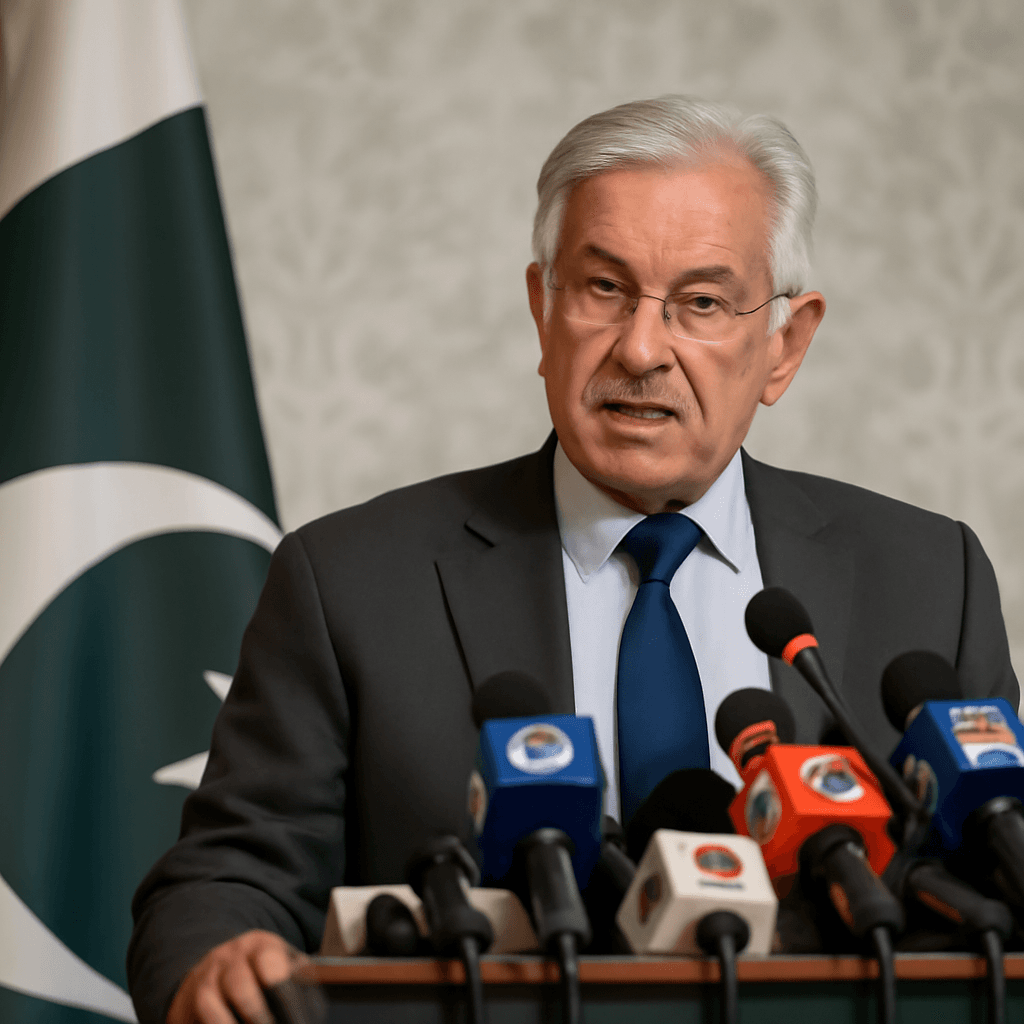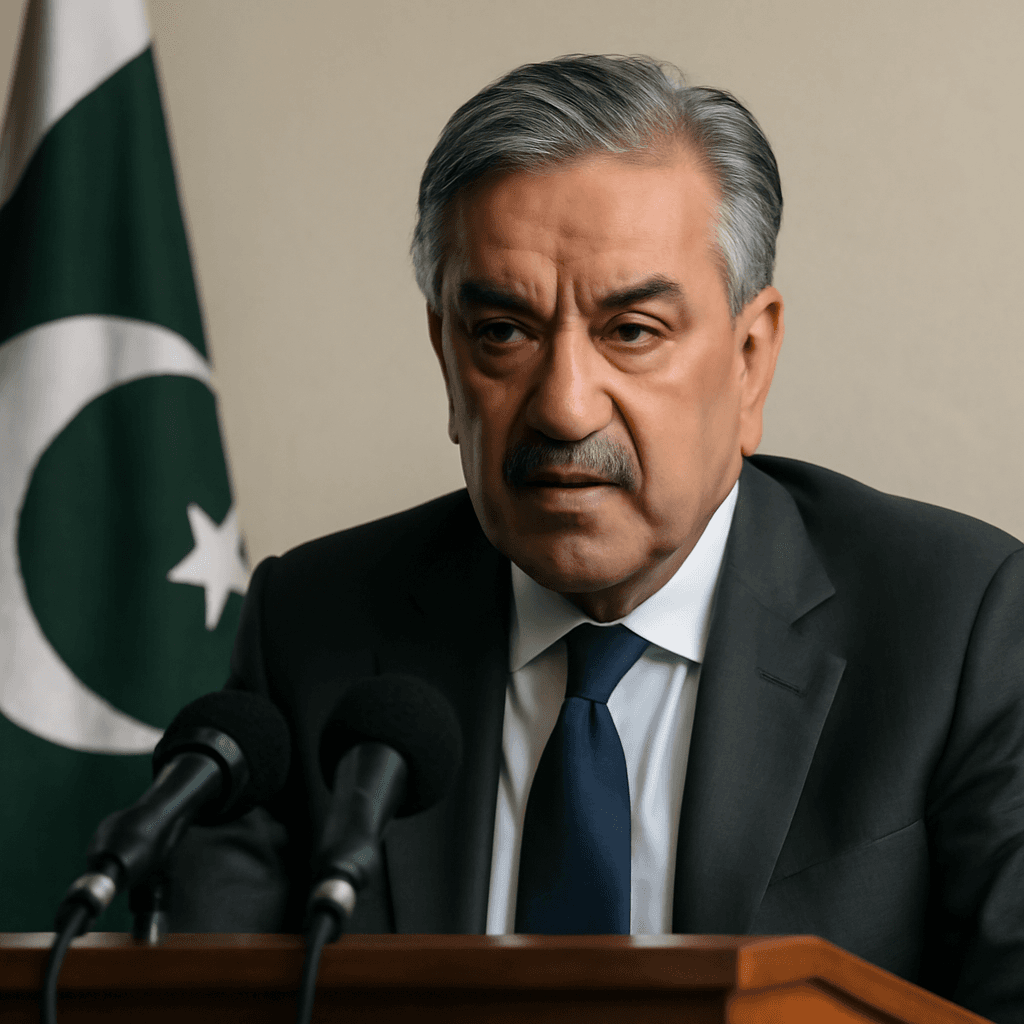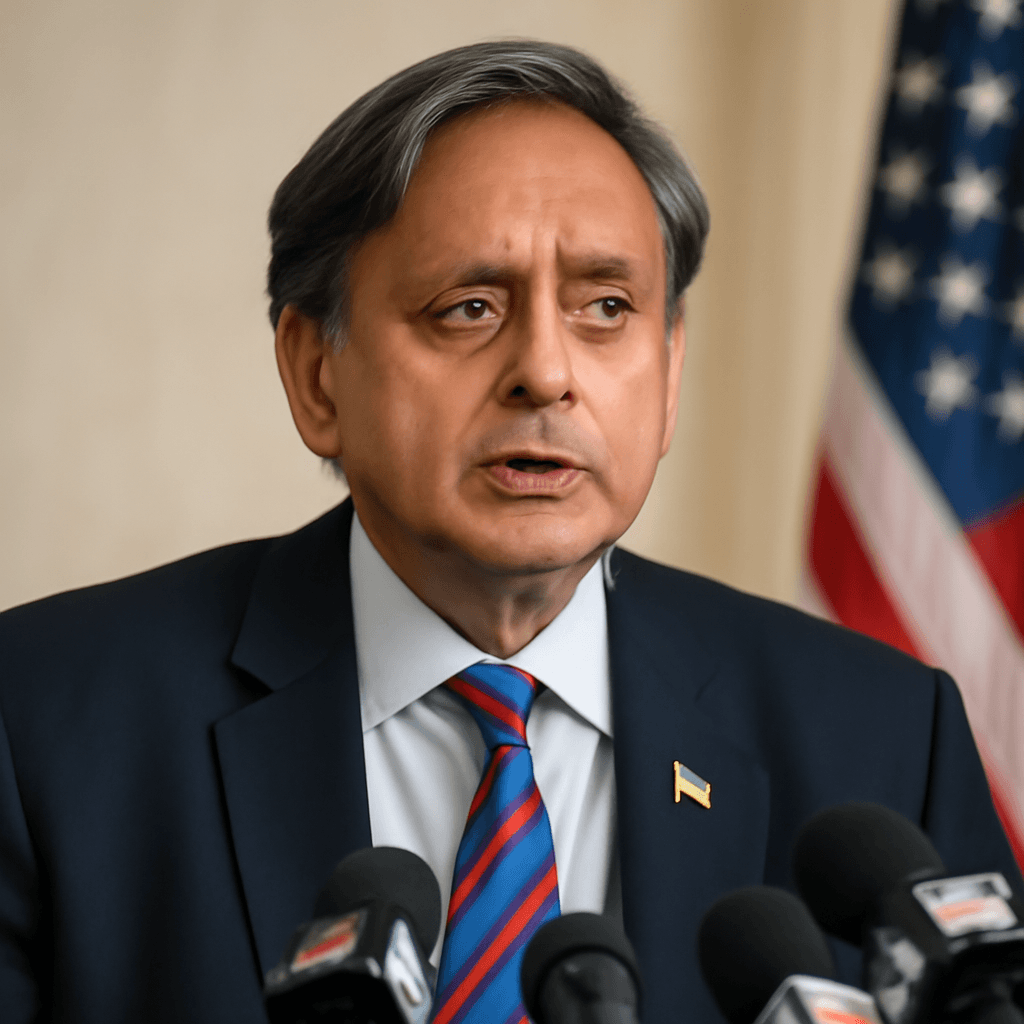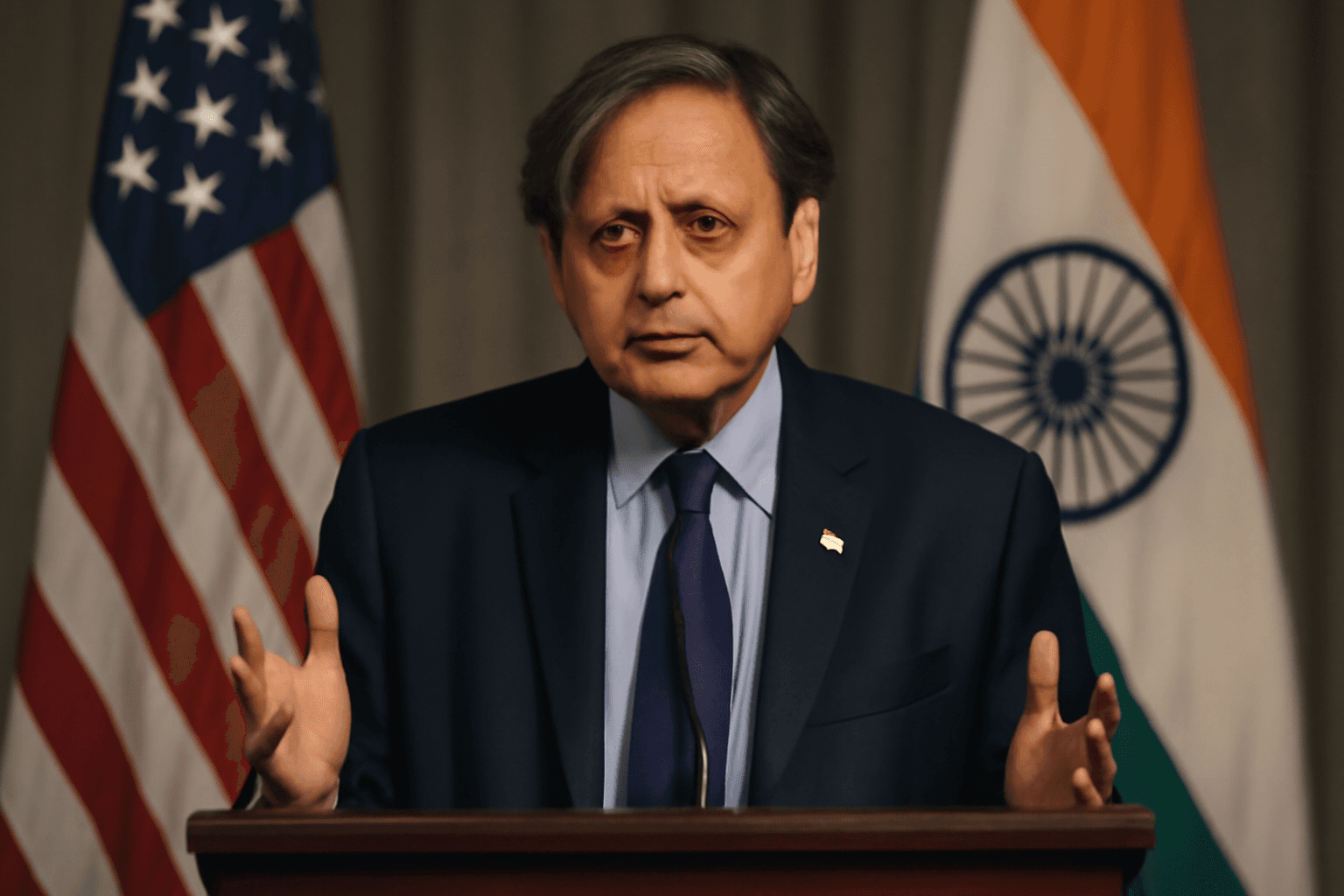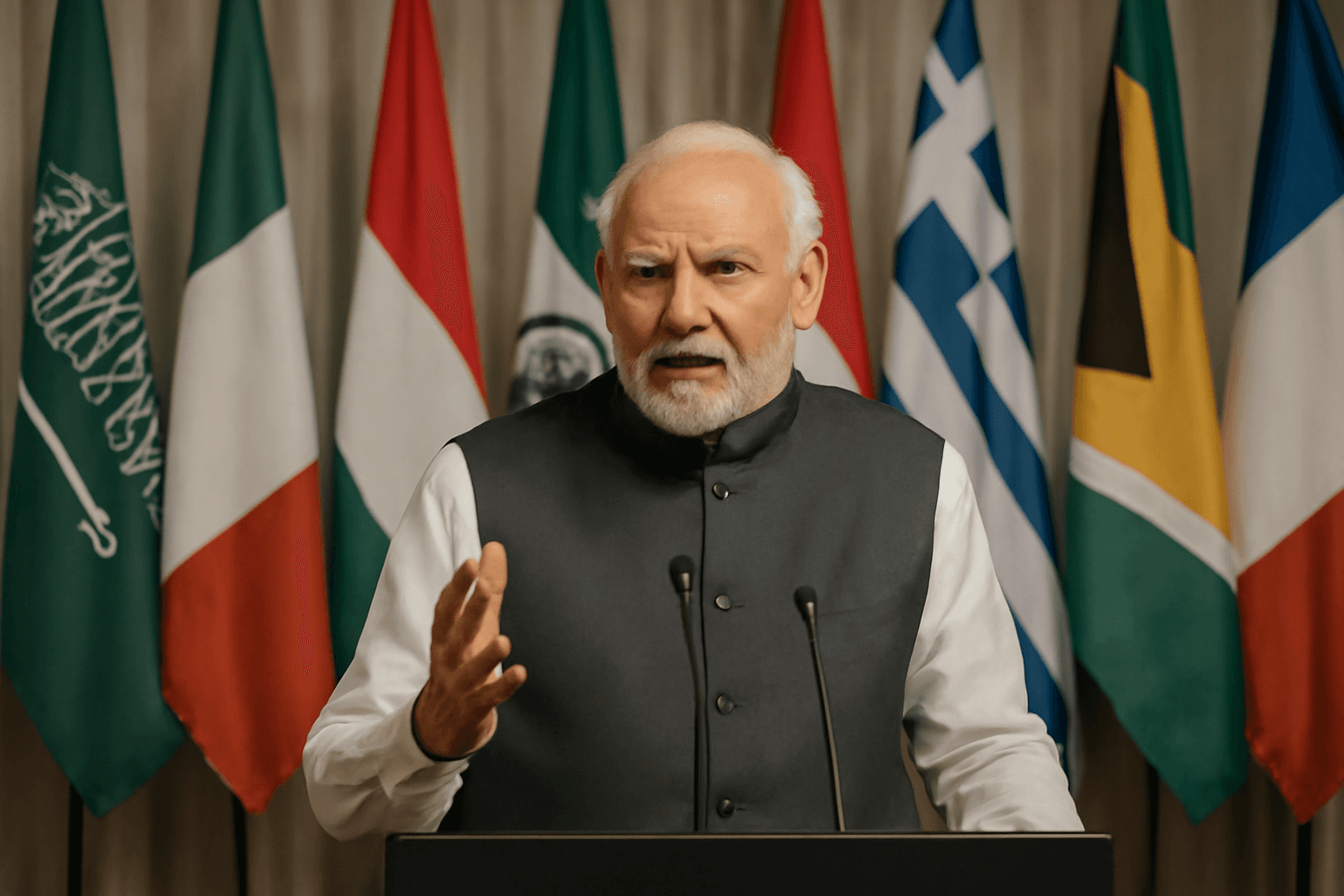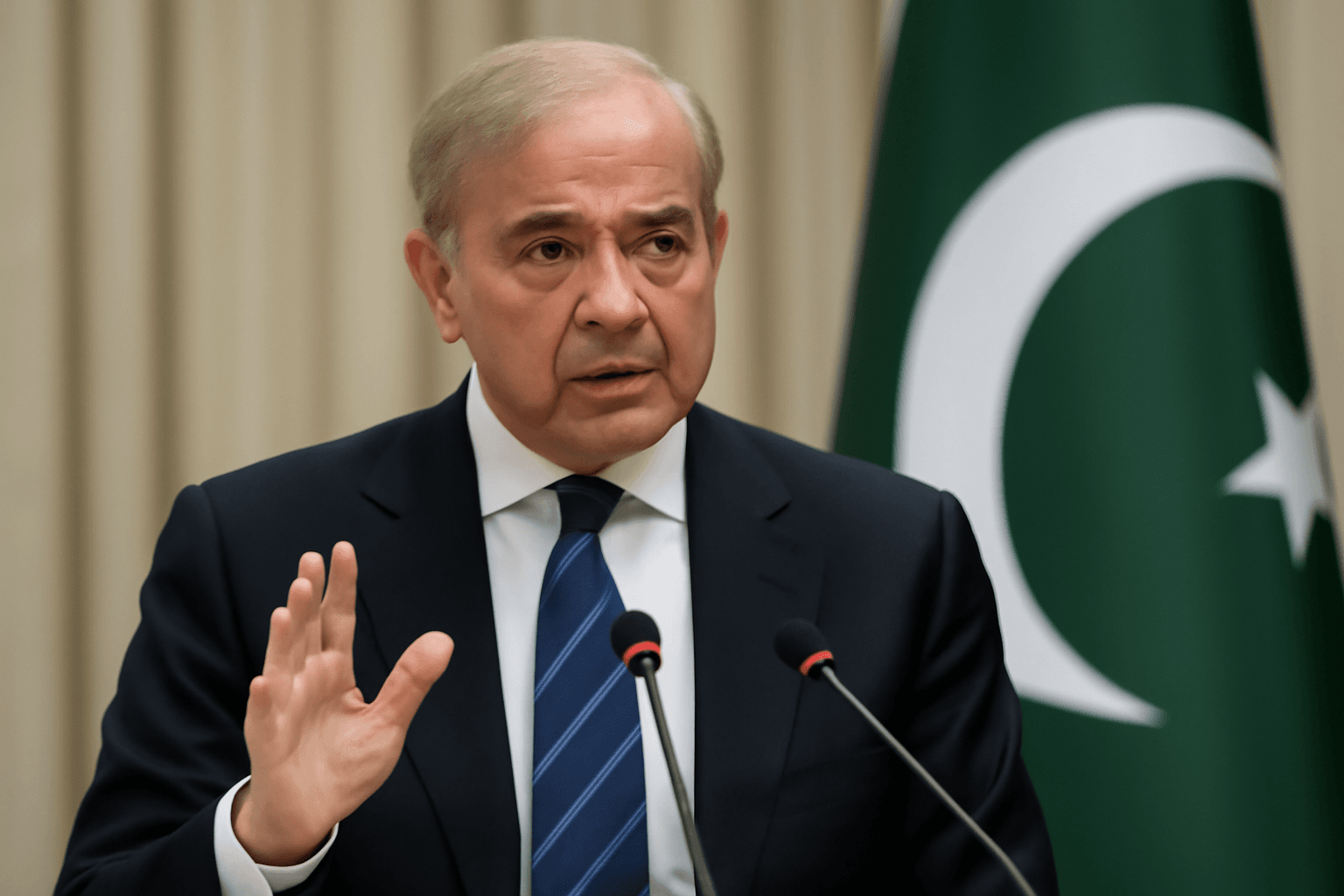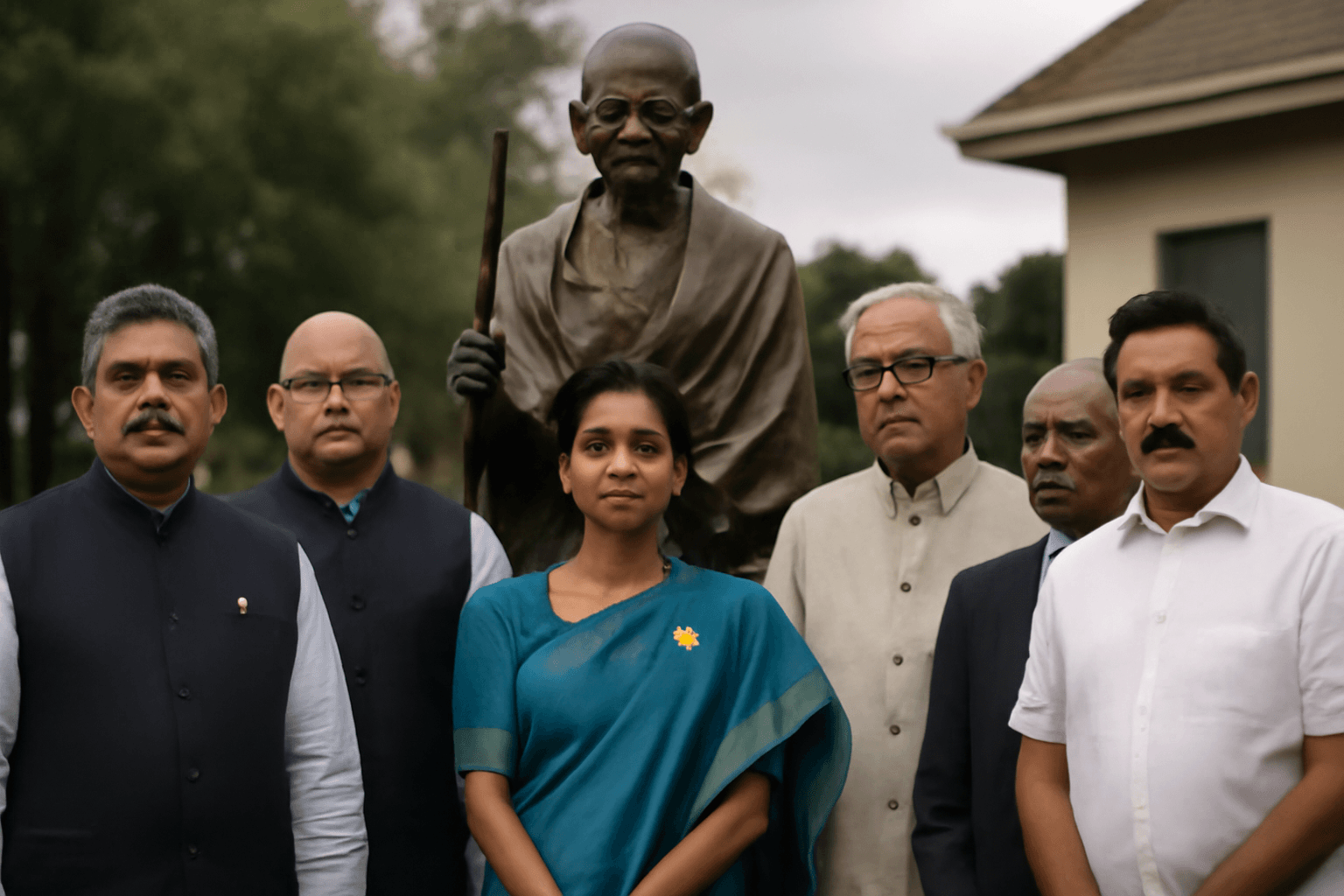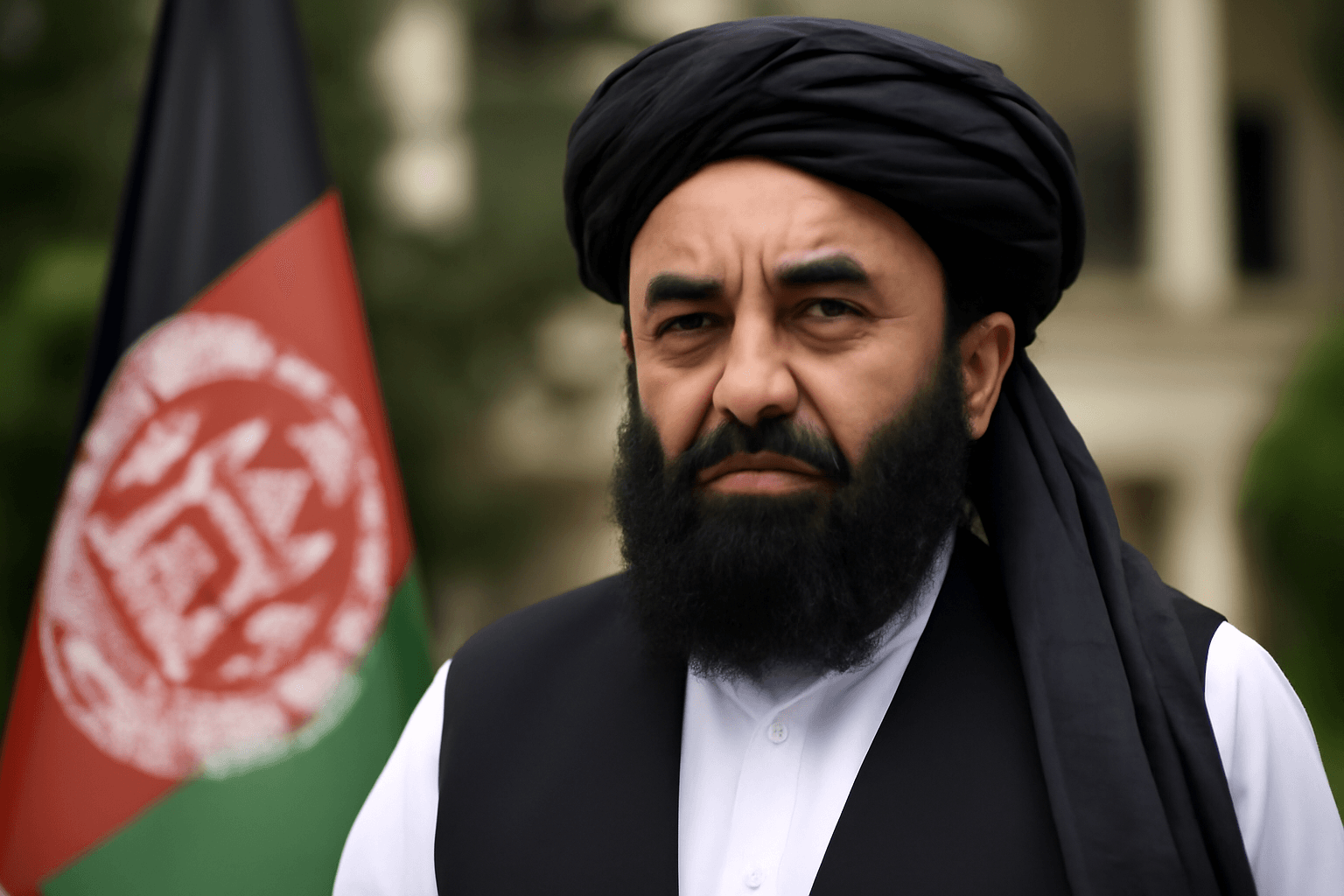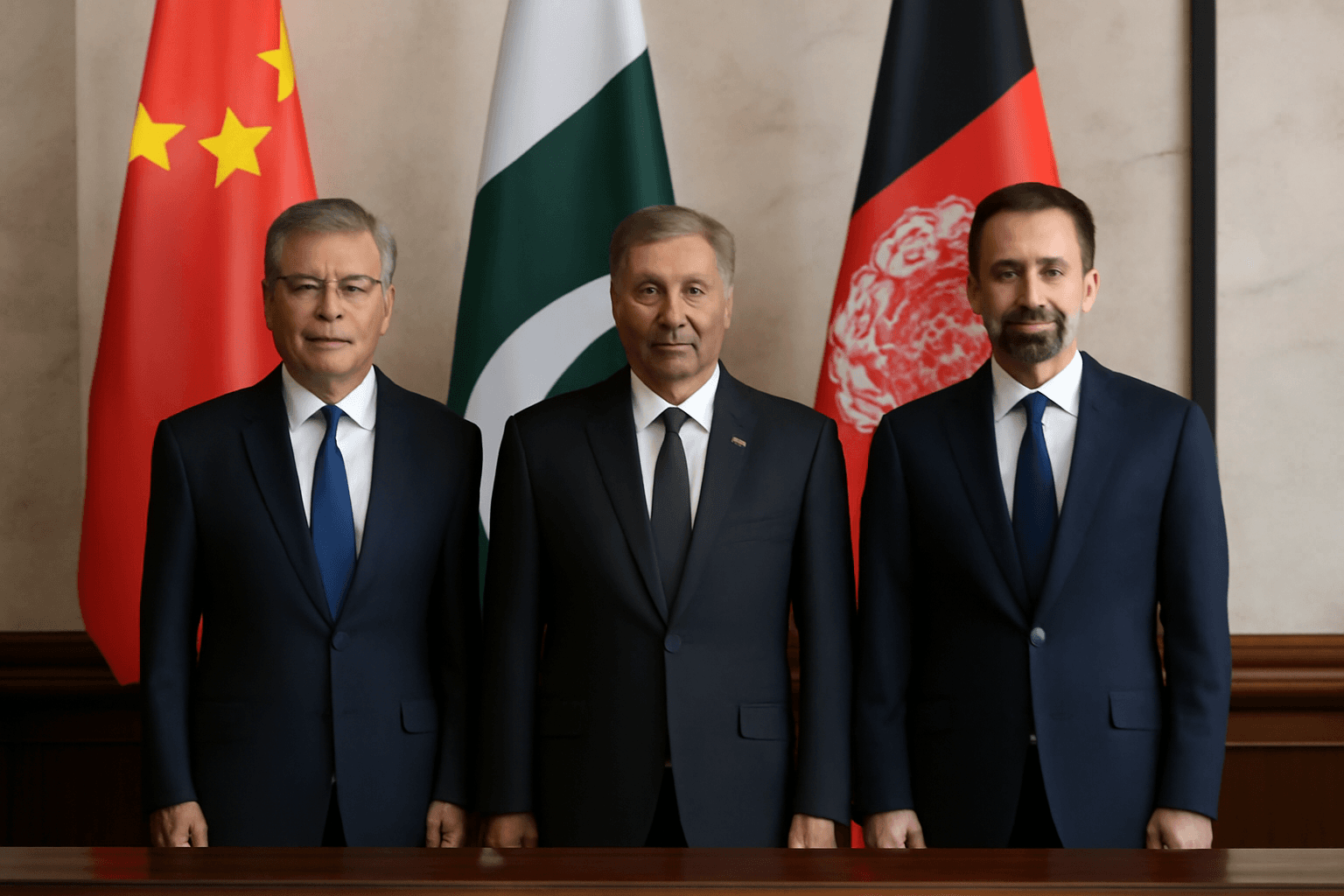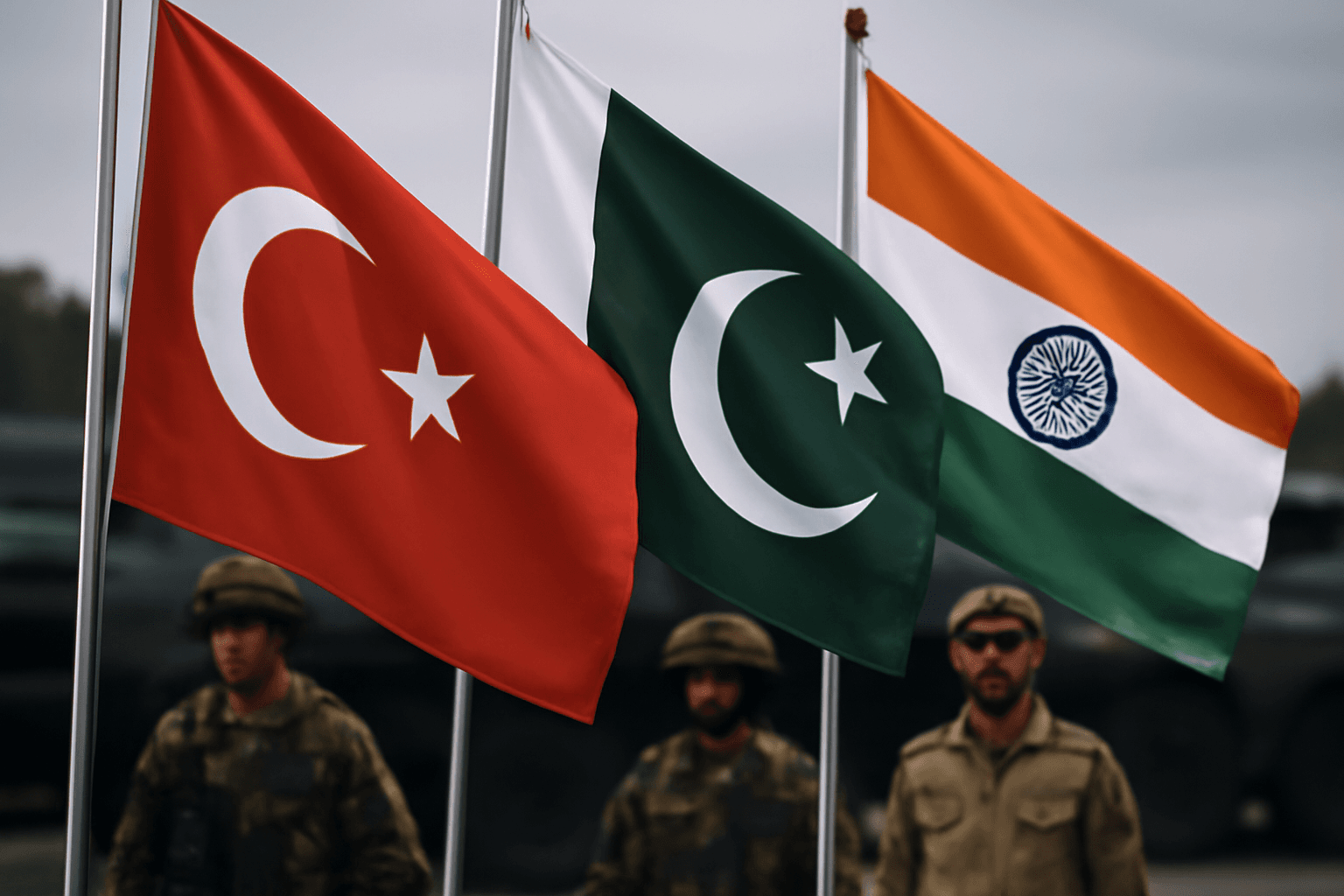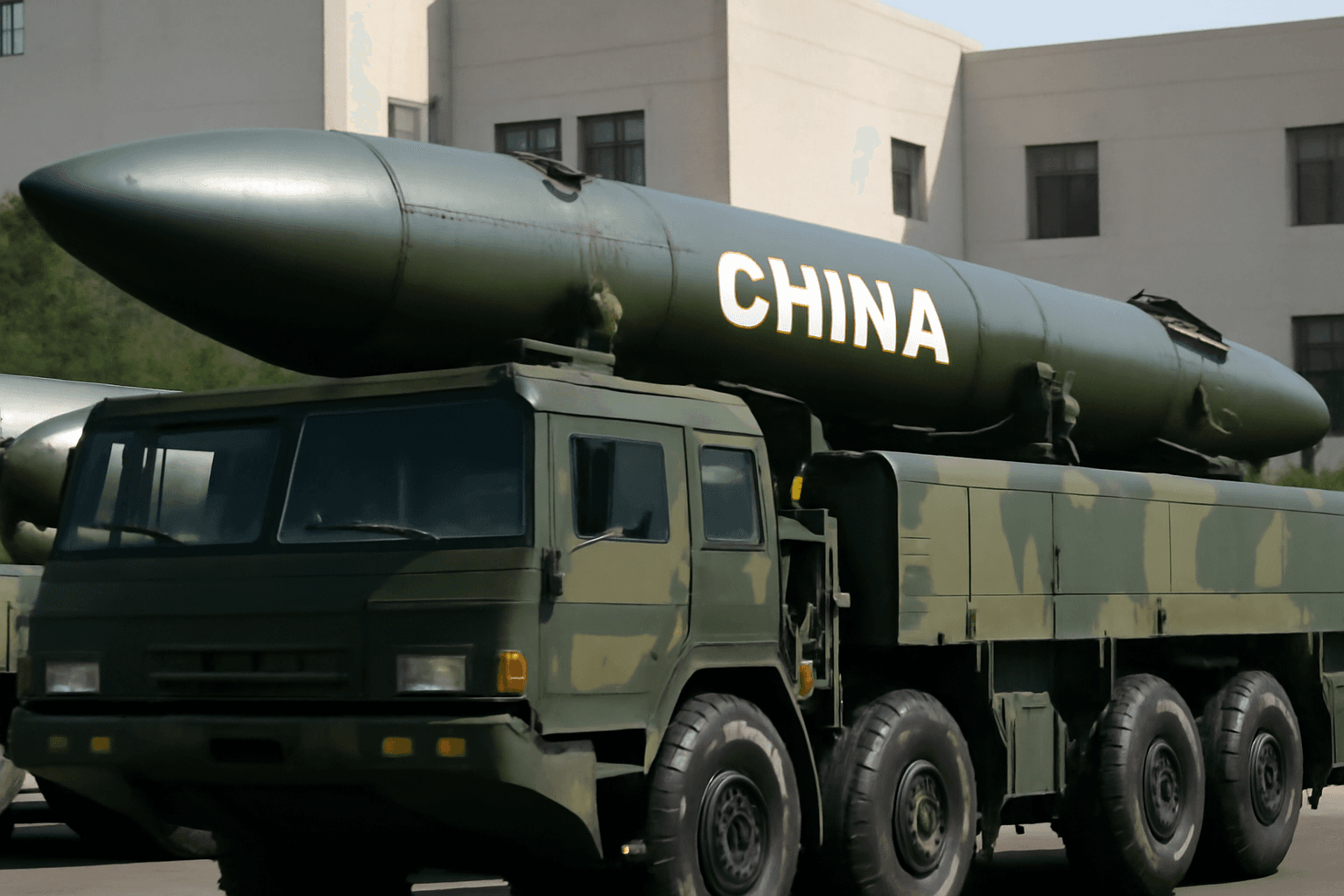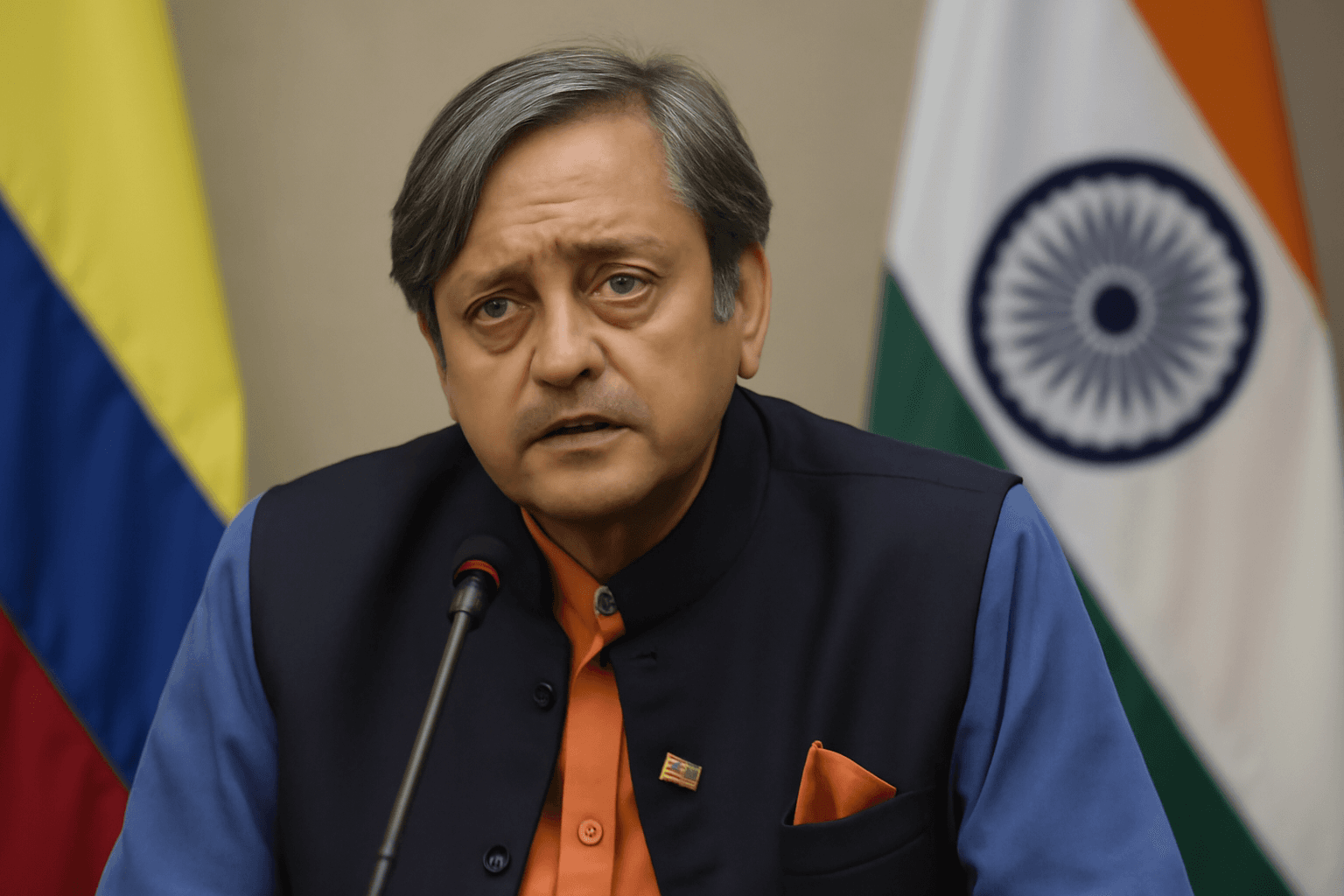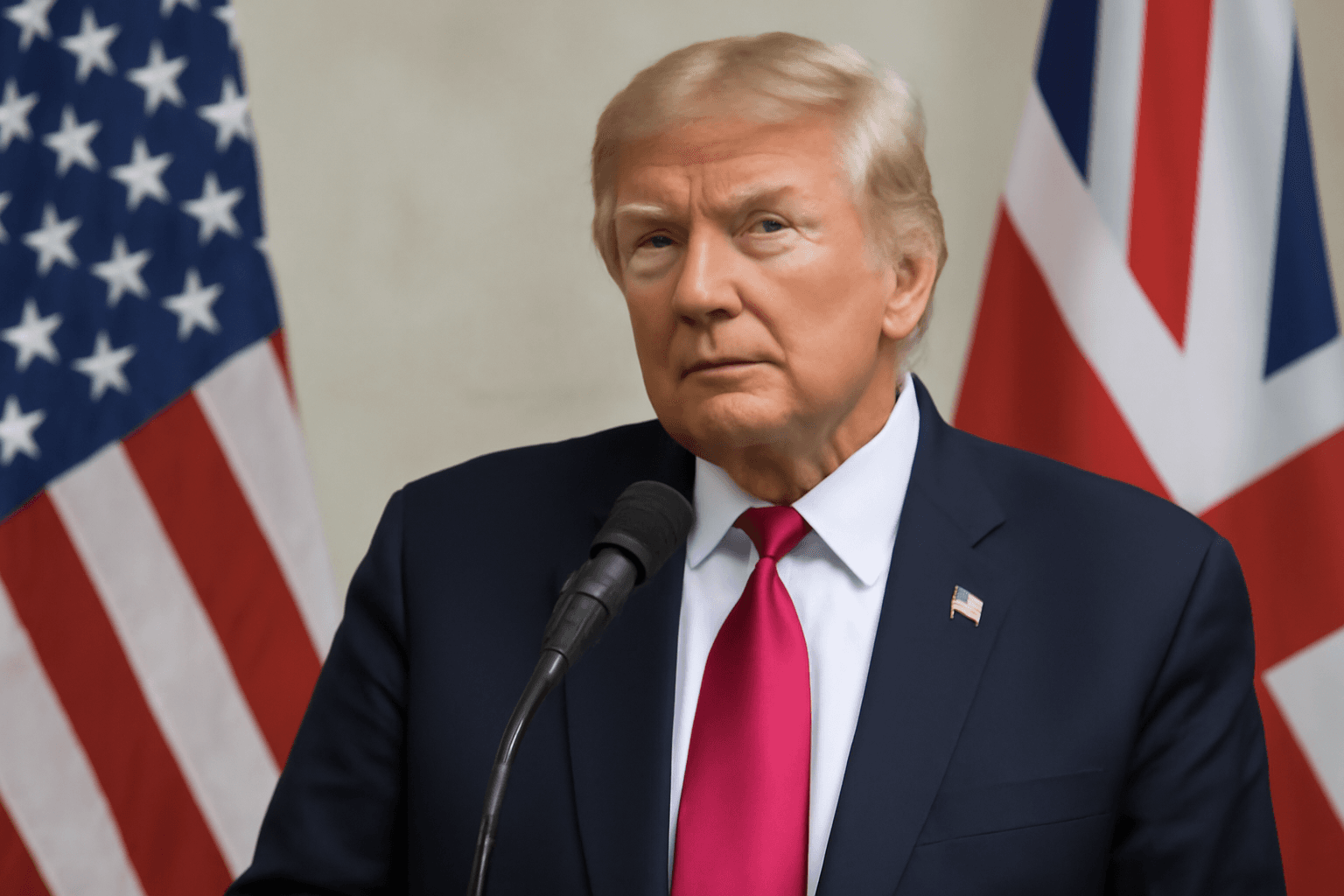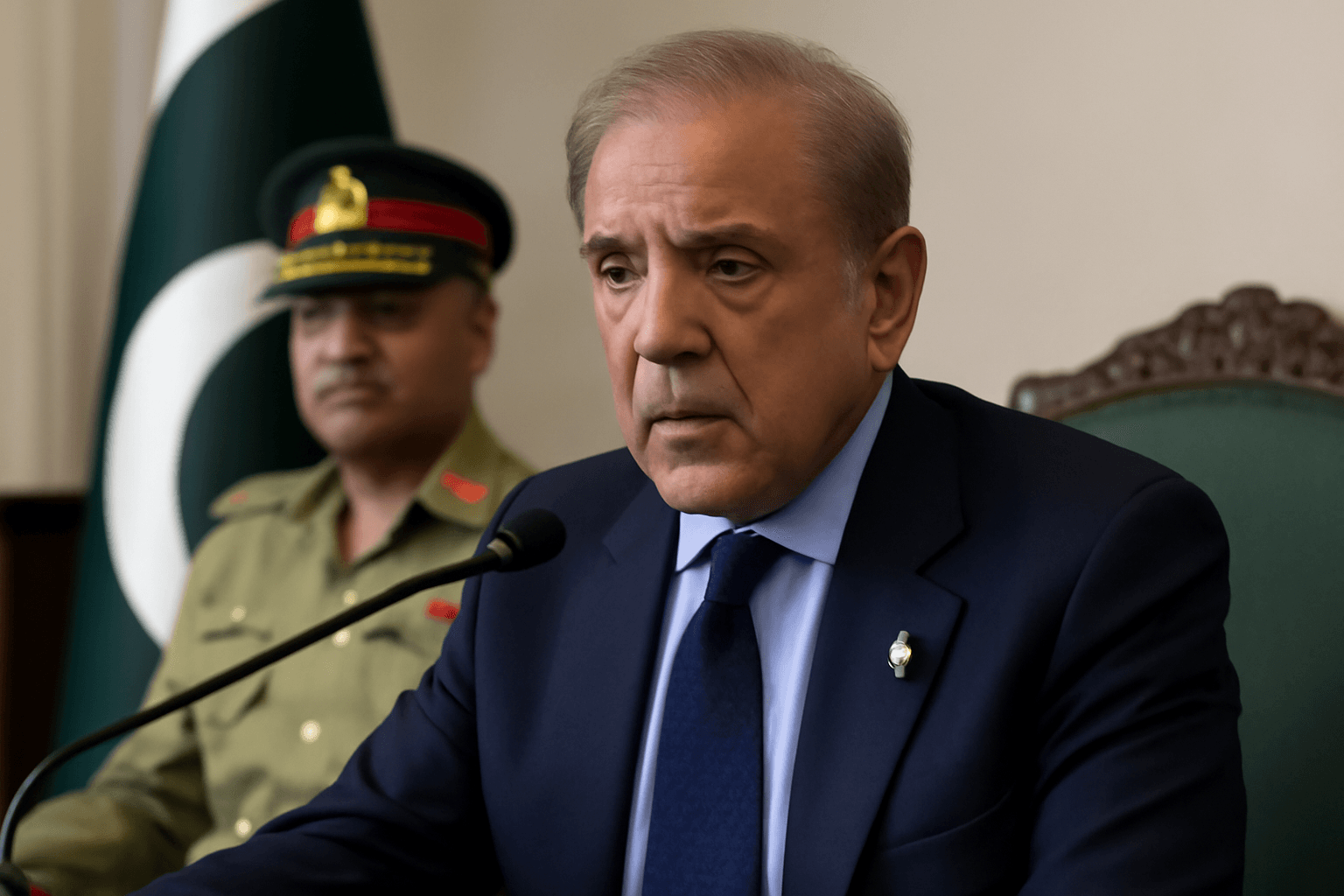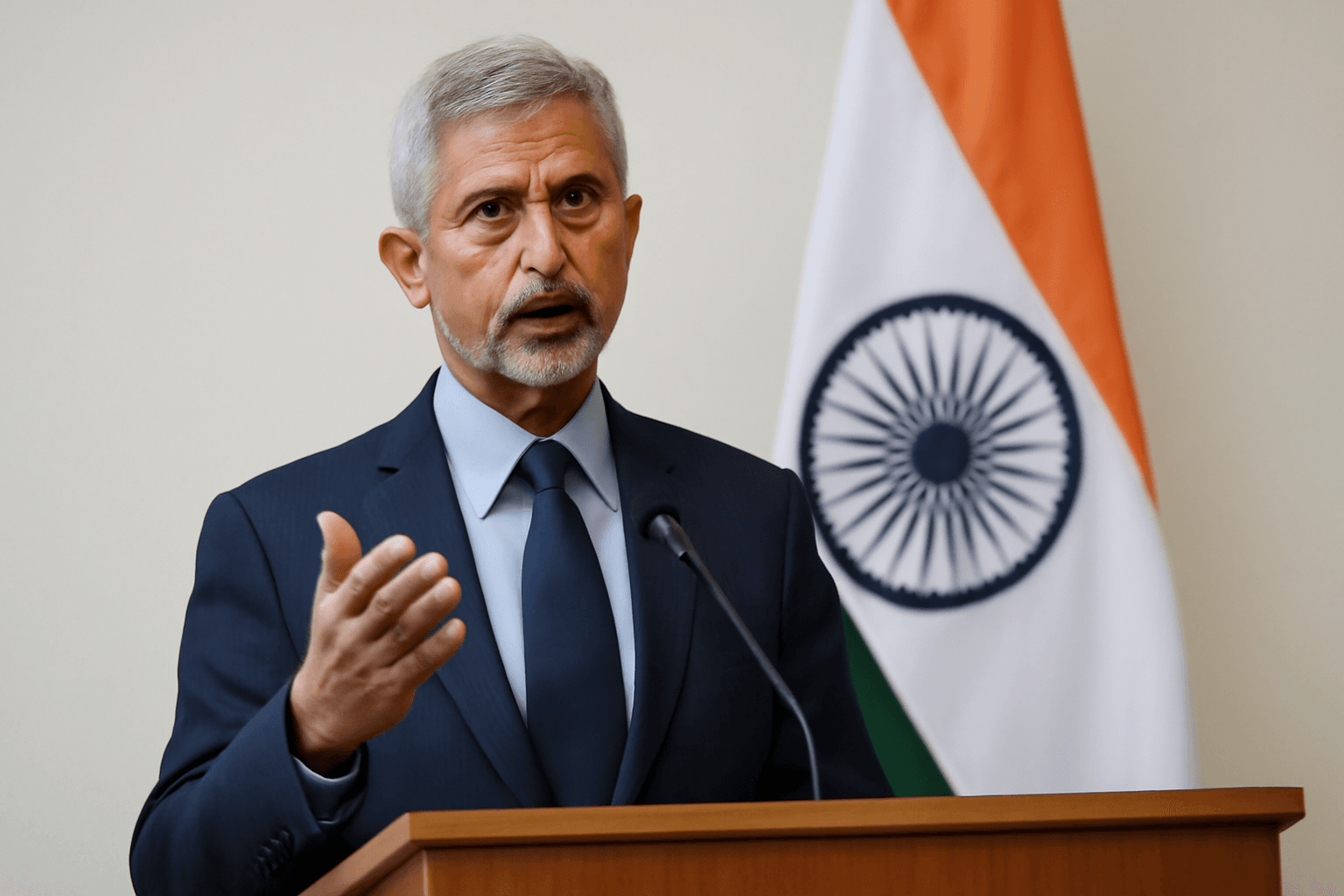Pakistan Reaffirms Validity of Simla Agreement
Pakistan's Foreign Ministry recently issued a clarification following statements made by Defence Minister Khawaja Muhammad Asif, who described the 1972 Simla Agreement with India as a "dead document." The ministry emphasized that no formal steps have been taken to annul the Simla Agreement or other bilateral treaties with India.
Controversial Remarks by Defence Minister
Defence Minister Khawaja Asif's comments came amid rising tensions between India and Pakistan, especially after India's 2019 decision to revoke Jammu and Kashmir's special status. Asif declared that the Simla Agreement was no longer valid, suggesting the situation had reverted to pre-1948 conditions regarding the Line of Control (LoC).
He further expressed frustrations about India's temporary suspension of the Indus Waters Treaty, stating, "Whether the Indus Waters Treaty is suspended or not, Simla is already over."
Significance and Background of the Simla Agreement
The Simla Agreement was signed in July 1972 by leaders of India and Pakistan, aiming to establish peaceful bilateral relations after the 1971 war which resulted in the creation of Bangladesh. This treaty prioritized resolving disputes directly between the two countries and reinforced adherence to the LoC as the de facto boundary.
This agreement has historically helped limit large-scale conflict, despite ongoing tensions. It remains a cornerstone document underpinning diplomacy and conflict resolution between the two nations.
Official Response from Pakistan’s Foreign Ministry
A senior official from the Pakistani Foreign Ministry clarified that although India's actions have prompted internal discussions, no official decision to terminate any bilateral accords, including the Simla Agreement, has been made. The ministry underscored the continued validity of all existing treaties.
Context of Current India-Pakistan Relations
The statements and clarifications come at a sensitive time, following a deadly attack in Jammu and Kashmir that exacerbated tensions. Both nations remain engaged in a precarious balance, with periodic escalations impacting diplomatic relations.
Key Takeaways
- Defence Minister Khawaja Asif described the Simla Agreement as a "dead document."
- Pakistan’s Foreign Ministry reaffirmed that no formal decision has been made to scrap the treaty.
- The Simla Agreement, signed in 1972, remains a central framework for India-Pakistan bilateral relations.
- The recent Indian actions, including revocation of Kashmir’s special status, have led to increased tensions and discussions within Pakistan.

